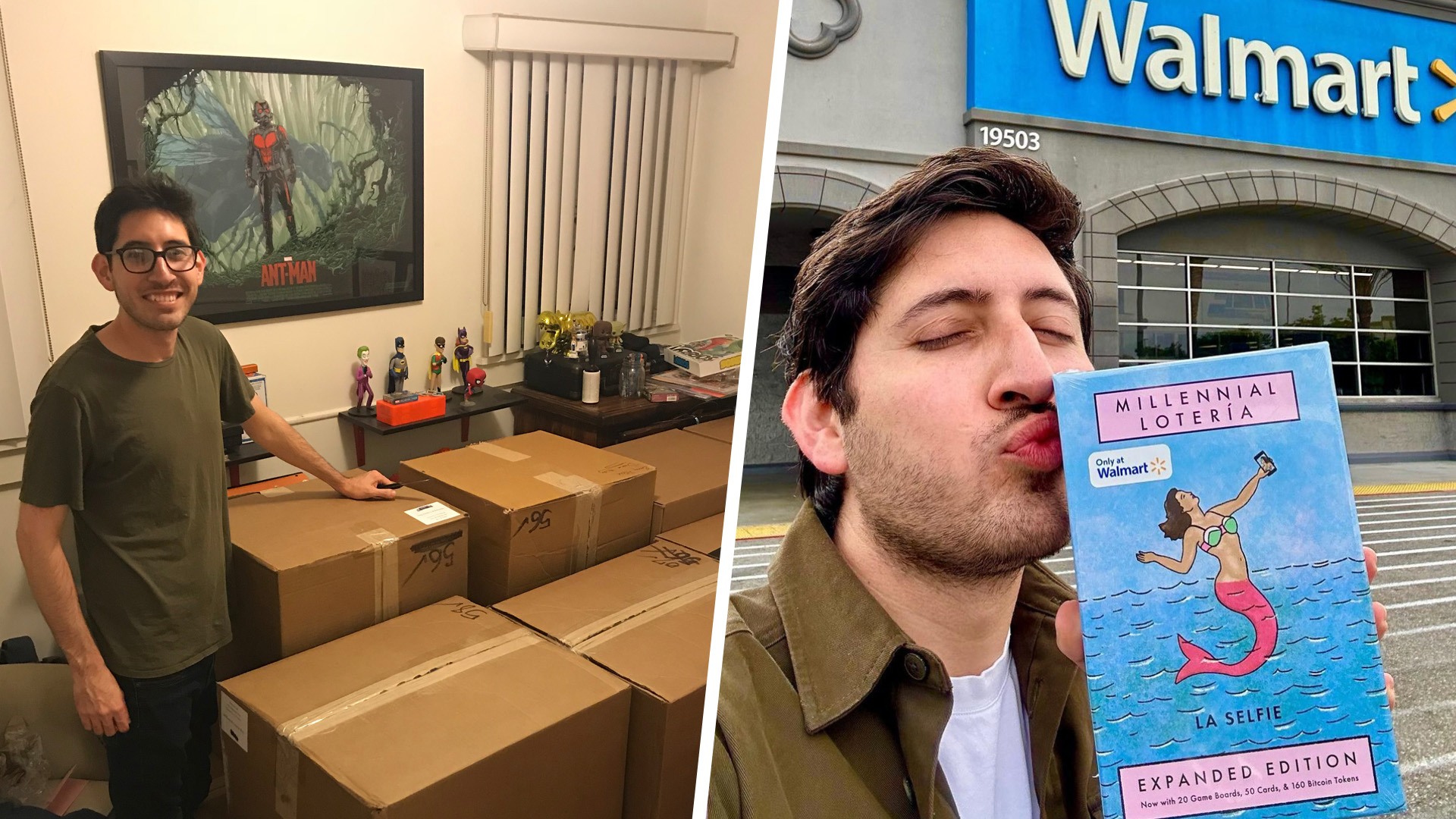Pepe Aguilar is a household name for many Hispanic families in the U.S. who know his music by heart -- but it's his business savvy that really makes him stand out from his peers.
While making 33 albums and earning 8 Grammy and Latin Grammy Awards, the Mexican singer has sold millions of records around the world. But what many may not know is that he launched his own record label, Equinoccio Records, more than 20 years ago, long before artists were taking control of their own music.
Aguilar has always been surrounded by music. His parents are Mexican music and film icons Antonio Aguilar and Flor Silvestre. He was born in San Antonio, Texas, during one of his parents' tours.
Get Tri-state area news delivered to your inbox.> Sign up for NBC New York's News Headlines newsletter.
When he followed their footsteps into the industry, he saw something he didn't like: how the business was structured against the artists. The artists could make the music, but they couldn't get it into the hands of fans on their own.
“The way it was established back then in the 1980s when I started, you needed to have a third party, which in this case was a record company or somebody that could deliver your music to the masses,” Aguilar told NBC and Telemundo.
He noticed that benefits weren’t balanced and fair, and he thought that the artists were being abused.
“Can you imagine, forever, like, if you signed a contract with a record company as a songwriter, singer, songwriter back in 1985, they will be the owners of music entity in perpetuity?” he said.
That was when he started asking the record company for a better deal and was shocked by their answer.
“'That’s the way the business is run,'” he said they told him.
At 19 years old, he hired a lawyer and sued the record company Musart. This was the first of his legal battles against the company and the first lawsuit of this kind in the history of music in Mexico, he said.
The reaction of the industry, including his family, wasn't what he expected.
“My father was like, 'you’re crazy,'” he remembered. “And I said, ‘That's absurd. That's stupid. That's crazy. I mean, we're creating everything. How can you not care for that?'”
The rest of the industry just hated him, he said.
“I was the black sheep,” he said.
But he shook off the backlash, turning the negative comments into what he called his "gasoline," or his drive to keep up the fight. While he lost that first lawsuit, he later won a second one, according to one of his representatives.
In 2000, Aguilar decided to ditch his record company completely and create his own. The result was Equinoccio Records.
In 2016, he and his wife, Aneliz Álvarez, founded Machín Records, a media company that has shaped the careers of his children, Ángela Aguilar and Leonardo Aguilar, and is developing new talent.
He said that working with his children has been good, but sometimes challenging.
“They have a very, a very, very good contract and they don't fight me because of that,” he said. “They fight because they want more promotion. But then again, all artists do, including me.”
Aguilar considers his contracts unique and the best in the industry because they are made for artists. “I wouldn't like them to suffer the same, whether they're my kids or not.”
After a more than 30 year career, the music icon thinks that artists should know about business if they want to make it in the industry. “That's why it's called show business,” he said.
“I started being one of the first. But if you're not business savvy right now, you should dedicate yourself to another trade, something else.”
Embracing technology
As a gamer, Aguilar was able to see technology and embrace it as a way to advance his goals and his career very early on.
In 1998, he launched his website, pepeaguilar.com, which was an anomaly at the time, especially for Regional Mexican singers.
His passion for technology has not changed.
More than eight years ago, he started to post vlogs on his YouTube channel as a way to connect directly to his fans without the need for a middleman. Now he has uploaded more than 400 videos, and some of them have more than a million views.
As he sees a change in the video trends, he is working on something different, “more like a never ending documentary.”
And when the industry shifted from CDs and radio to Spotify and streaming, he adapted them as another source of revenue. “It's all about evolution and adapting,” he said.
He compares the shift to when he used to produce his music in singles, then in cassettes, and then in CDs.
In spite of all the change in how people listen to his music, he said that live shows are still his main source of income.
How to learn from an unsuccessful business
Like many other artists, Aguilar ventured into other businesses through his career.
He has had greenhouses, sports teams, and in 2009, he even launched his own footwear line “Pepe Aguilar,” which, he admitted, was not successful.
Looking back, he thinks the footwear business was very ambitious and he was naive, as he did not know anything about that industry.
“That’s a no no,” he said.
That is his big lesson of the failed business: “If you're going to go into something, you need to know a little bit about it,” he said.
If he were to do things over again today, he said he would do things differently, and educate himself more about the business before jumping in.
Pepe Aguilar was interviewed for Bísness School, a series that tells the inspiring stories of Latino founders. Subscribe to Bísness School wherever you get your podcasts to get future episodes automatically. Remember, Business school is expensive. Bísness School is free.



